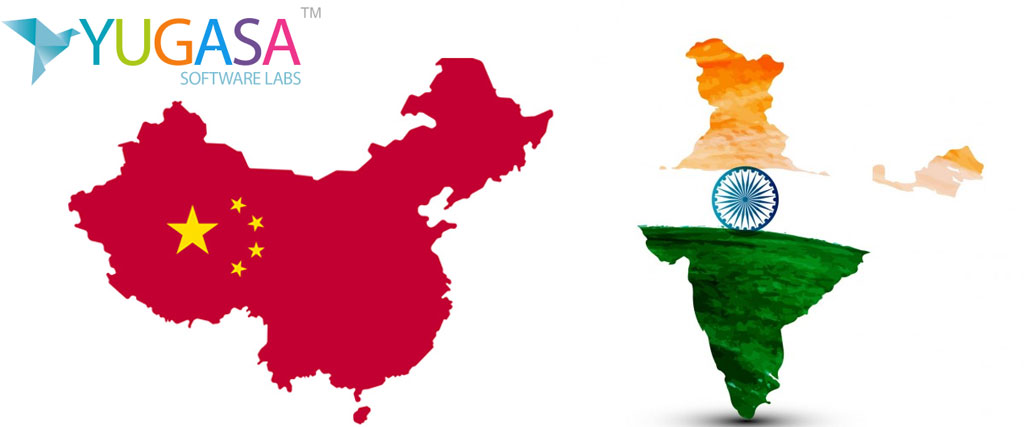Should India follow how things Happen in China?

Chinese app banned in India: It’s the biggest question now that should India also start banning all the international applications and develop their apps. Recently India banned 59 Chinese apps which were an action against China for its wrongdoings on borders.
From that day, in India, most of the population boycotted China-made products and applications. Not only boycotting but also opting for Indian alternatives for all the Chinese apps were in talks. But now the question is should India also opt for the same policy as China, of not using any international application in our country and becoming self-dependent?
Chinese app banned in India -

Well, it would be very nice if India will develop its apps which can be alternatives to all the Chinese apps and apps like Facebook, Twitter, Instagram, which belong to other countries. The one benefit by doing so will be India would be self-dependent socially. We people no doubt use most of the applications that belong to other countries, for example, Facebook, Twitter, Instagram, and even MS Word, Excel, etc are of America.
TikTok, Shareit, CamScanner, etc belonged to China. Now, if these apps will not be allowed in our country then all the Indian apps which are considered as alternate apps will be the prioritize apps instead of foreign applications. Many young developers work on different applications for our countries but because there are already apps that have attracted most of the population, it’s hard for them to rise and shine.
Also, we must aware of the fact that how common public pay to these apps. Let's take a simple example. People who create business pages on Instagram prefer to promote their page on various platforms like Facebook. To promote a page on Facebook as well as on Instagram they use to pay Facebook a particular amount of money and then according to that their pages are promoted. Now, think if the same payment goes to some Indian company because till now the money we are spending is going to foreign countries.
There are many benefits that India can gain if it will opt the same policy as China but do you think it is necessary. We all know that our country is a democratic country and we respect everyone, whether they are investors or tourists, etc. we also deny something in a very polite way. But this same doesn’t go with China. China is a communist country where only one rules. It’s their policy that they don’t allow foreign investments which we can say is one reason that China has issues with almost every neighboring country. But do we have to follow the same steps as China?
We have never followed people with wrong intentions. So why would we now? We don’t want to make India’s image as a communist country. What we can do is give Indian applications more priority than others. But one thing is that all the foreign apps have gained so much trust that people now hesitate to trust any other app whether they are from India or any other country.
Read More: LIST OF INDIAN UNICORNS WITH CHINESE INVESTMENTS
In a nutshell, we can say that using Indian apps instead of foreign apps can be a very good investment for the Indian market and it’ll surely help developers in our country to complete their dreams. But the thing before opting this step is to do a full-fledged study of the country’s people preferences and what they expect from the Indian developers. They have to build trust among the audience who are going to use their applications. Trust here is important because of the rising cases of cybercrimes in the country.
Also, the apps which will be made by Indians should be different from all the other apps that we are using now so that the audience is convinced to use these apps. If the apps will be of the same or lower level, none of us will be agreeing to delete our existing accounts in which we have gained so many followers and have posted hundreds of pictures in one go, we need a strong reason to do that one step. No doubt we’ll support our Indian developers at our best and look forward to such steps to be taken by the government.
